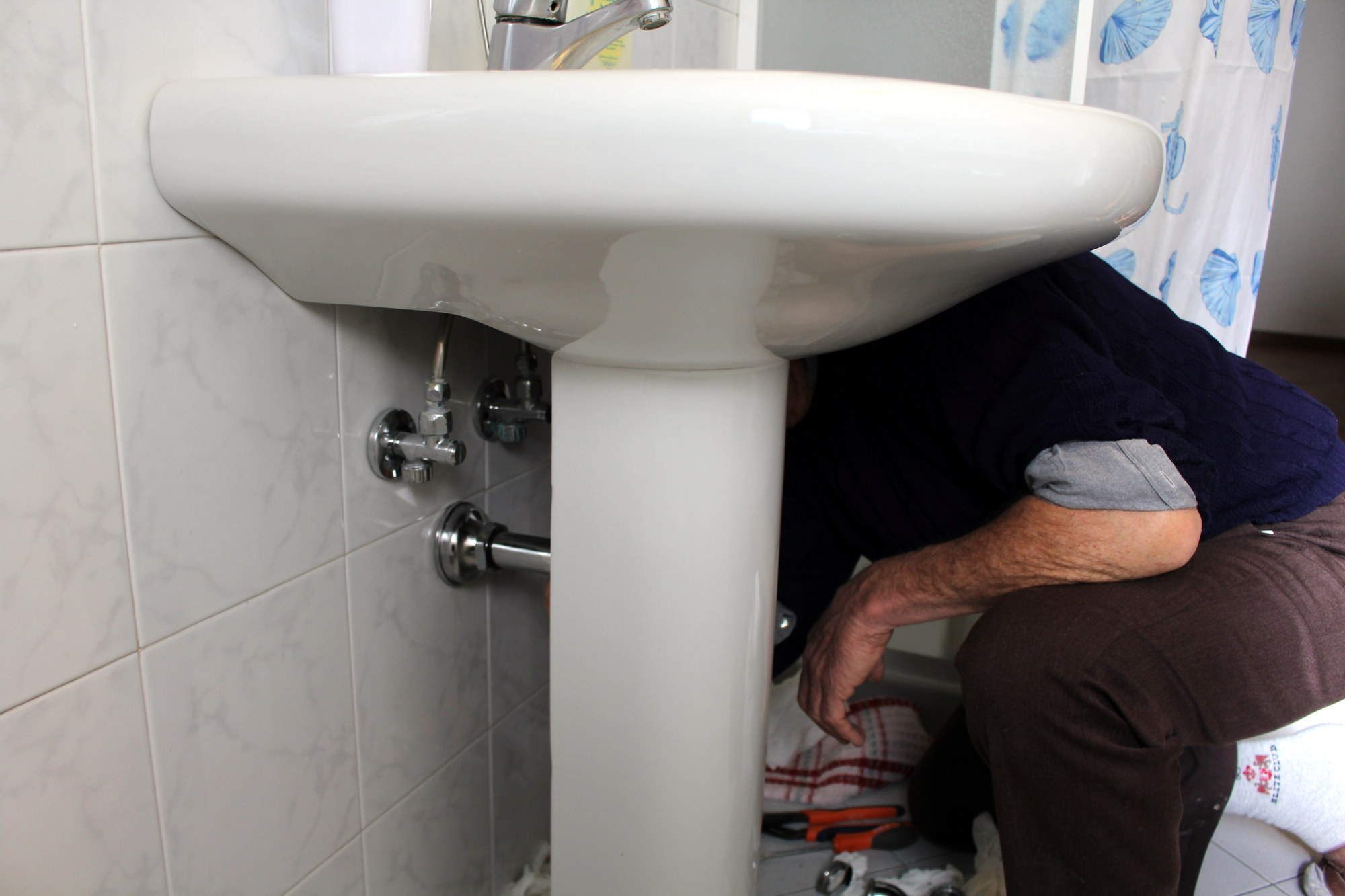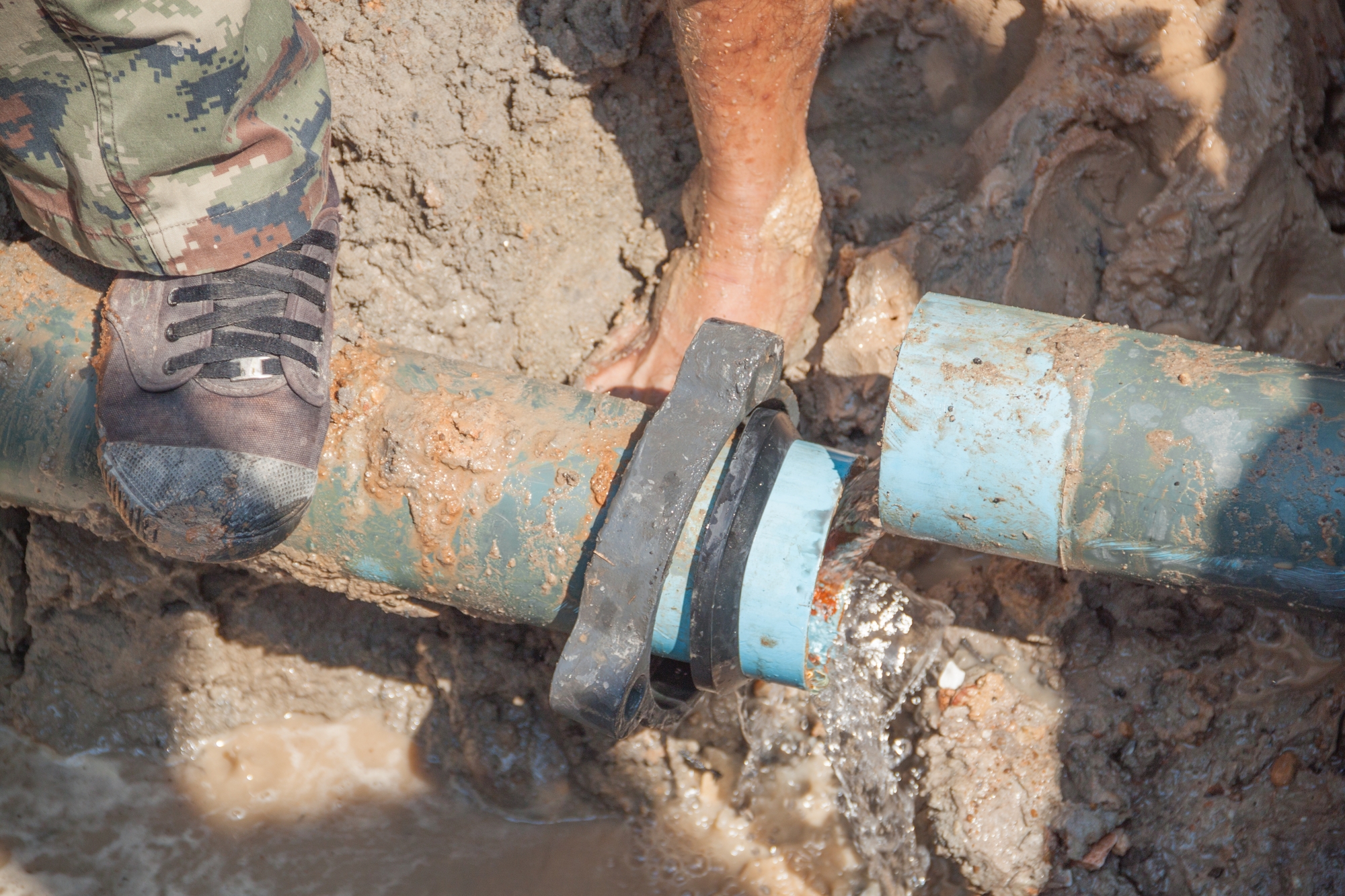As a plumbing company, having a resilient project execution plan is critical in ensuring that projects are completed on time, within budget, and with minimal disruptions. Developing such a plan requires considerable effort, planning, and an eye for detail. In this article, we explore the key components that go into creating a resilient project execution plan that helps keep plumbing projects on track.
Site Assessment
Before starting any project, it is essential to carry out a site assessment to identify any potential challenges that may arise. The assessment should take into account the project’s scope, the site’s layout, and any existing plumbing infrastructure. Common issues such as poor drainage, leaky pipes, or corroded fixtures may require repair or replacement before the project can proceed.
Budgeting
Budgeting is one of the most critical elements of a plumbing project, and creating a comprehensive resiliency plan can help ensure that the resources allocated are sufficient to complete the project. Plumbing contractors should carry out a thorough analysis of the project’s cost and develop a realistic budget that takes into account any potential unforeseen expenses, such as replacing water lines, excavation of difficult terrain or upgrading electrical systems.

Project Timeline
Developing a project timeline is another critical element of a resilient plumbing project execution plan. The project timeline should include a breakdown of every activity required to complete the project, its duration, and the resource requirements for each task. Establishing a realistic and achievable timeline is crucial to ensure that the project is completed on time or within the expected completion date to avoid additional costs.
Resources
A resilient project execution plan should also take into account all the resources required to complete the project. These may include personnel, material, equipment, and tools. Selecting the right team with the right skill set and experience can go a long way in ensuring project success. Plumbing contractors must also ensure that they have adequate stocks of materials and equipment required to carry out plumbing services such as hot water heater repair or installation, drain cleaning, leaks repair, emergency plumbing services, among others.

Risk Management
Risk management is crucial to any project, and the plumbing industry is not an exception. Developing a resilient project execution plan requires an in-depth analysis of potential risks and their impact on the project’s outcome. Plumbing companies must have a contingency plan for managing any setbacks that may arise during the course of the project. Some of the common risks in plumbing projects include accidents, weather conditions like flooding, and injuries on the construction site.
Communication
Professional communication is an essential component of a resilient project execution plan. Plumbing contractors must maintain open lines of communication with their clients, suppliers, subcontractors, and other stakeholders involved in the project. Updating clients regularly on project progress and plans can help manage expectations and prevent potential conflicts. Good communication also helps keep everyone involved in the project informed of any changes or updates that may arise during the course of the project.
Conclusion
Developing a resilient project execution plan requires meticulous planning and preparation, commitment to quality and safety, and attention to detail. At Ace Plumbing Repair, we understand the importance of developing project execution plans that help ensure successful project outcomes. With our expertise and commitment to quality, we guarantee top-notch plumbing services for all our clients. Whether you need emergency plumbing services, hot water installer repair, or drain cleaning services, you can count on us to deliver. For more information about our services, call us today at (844) 711-1590 or visit our website, aceplumbingrepair.com.






